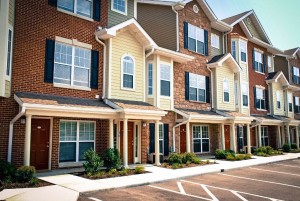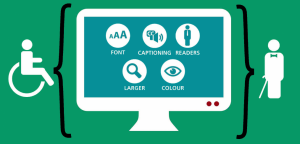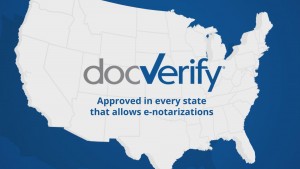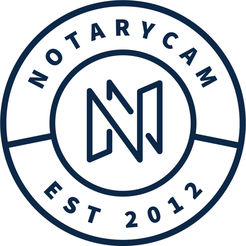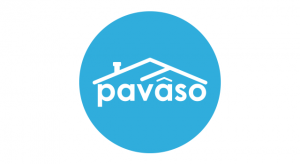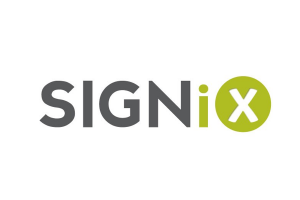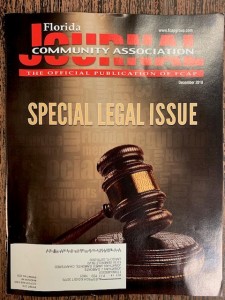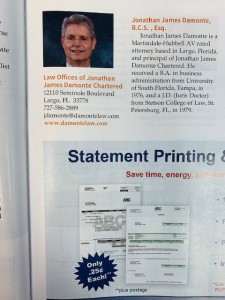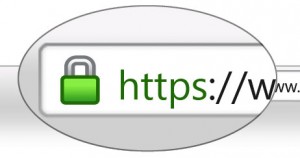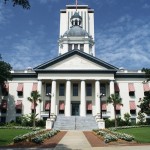The Latest on Legal Leases for Landlords
The Latest on Legal Leases for Landlords
Effective as of July 1, 2020, the Florida Legislature amended §689.01 Florida Statutes to remove the requirement of two (2) witnesses to the signing of a commercial lease or residential lease of more than 1 year for the lease to be enforceable. No witnesses are now required for Florida leases of real property, even those for over 1 year.
The witness requirement began long before the era of computers and the internet with the aim of protecting landlords against fraud and forgery. The Florida Courts carved out many exceptions to the witness rule over the years, and only a handful of states still require witnesses to leases. Now that many leases are completed electronically the witness requirement often delays or unnecessarily complicates the leasing process.
Most landlords, tenants and attorneys welcome the change but a few express concerns that landlords may want to put new safeguards into place. Community Associations with questions about the removal of the witness requirement to leases or who want to begin offering leasing electronically can contact their attorney for information on updating their leasing procedures.


